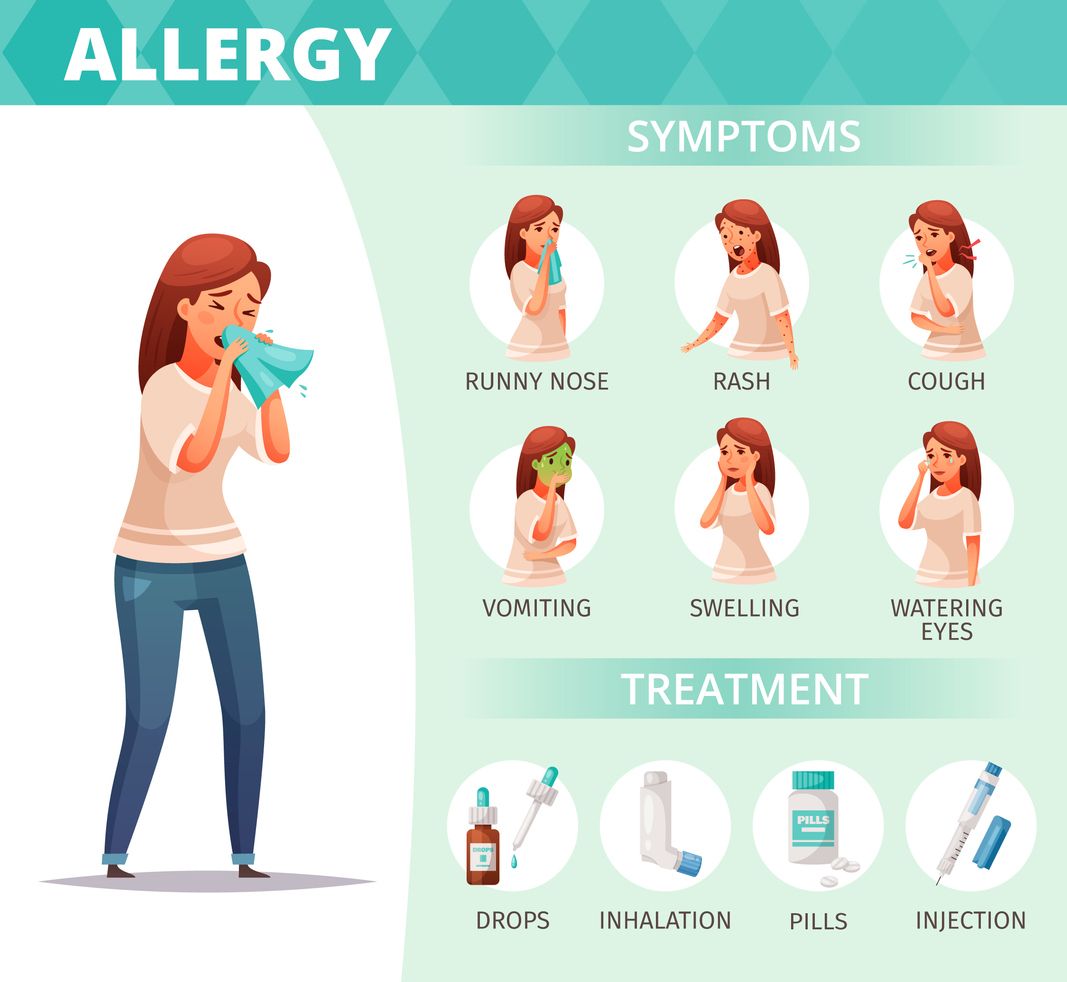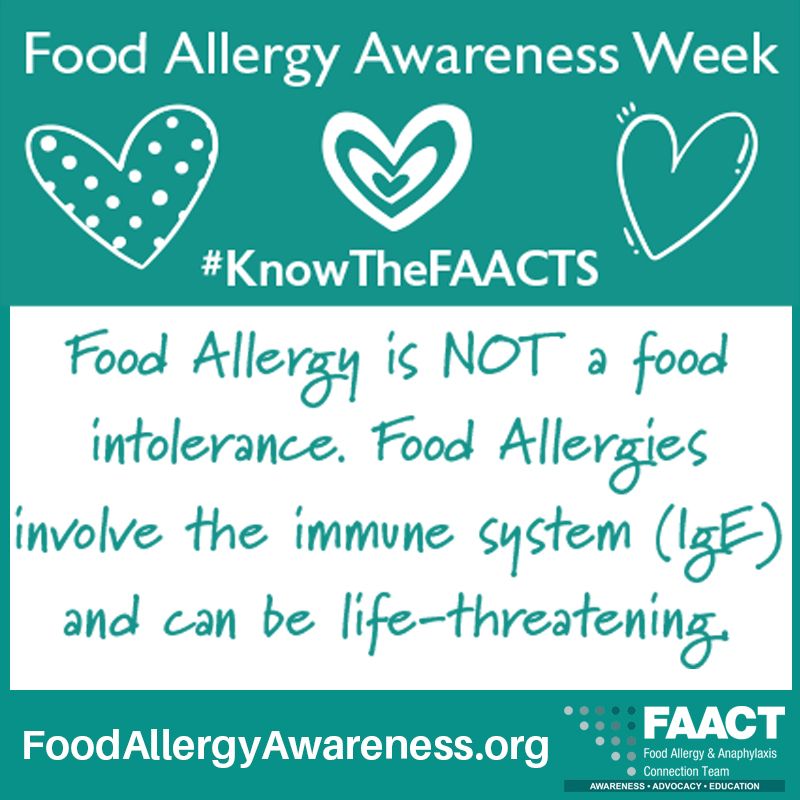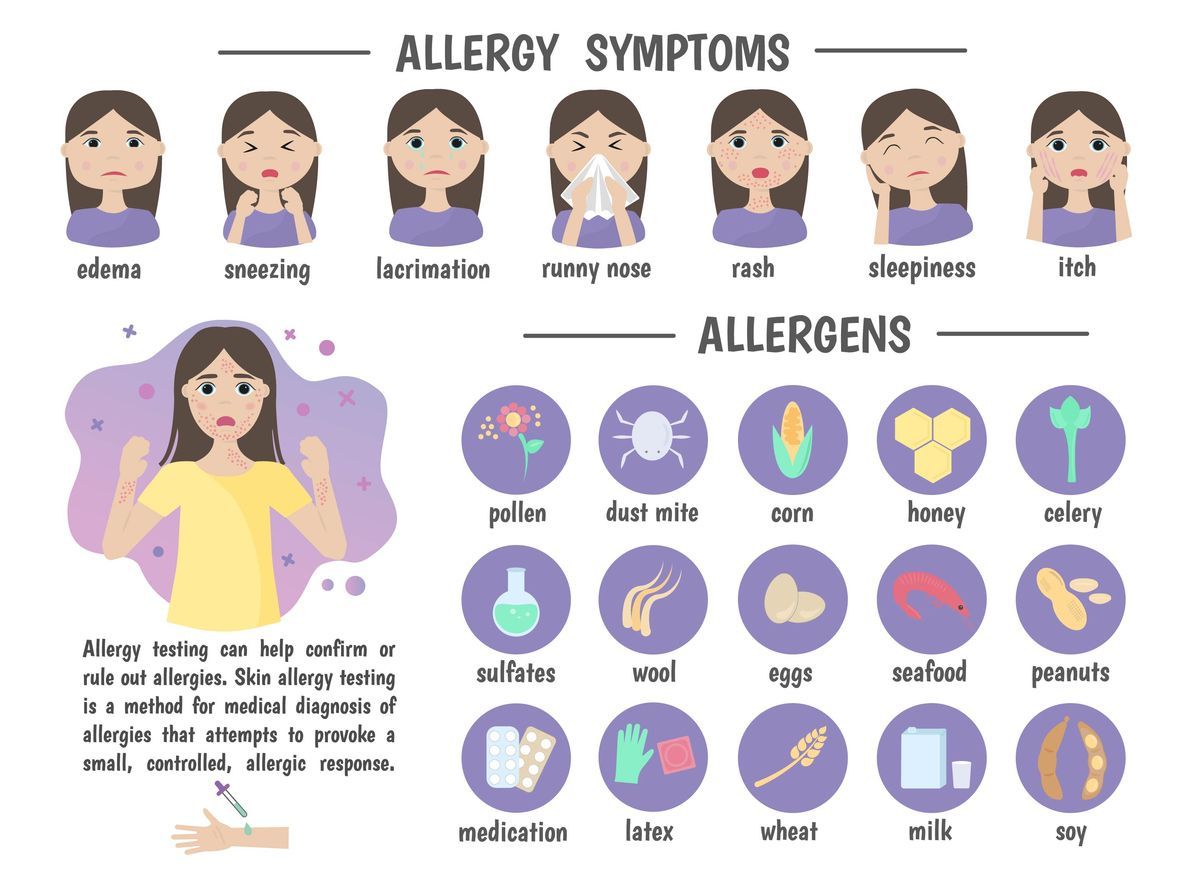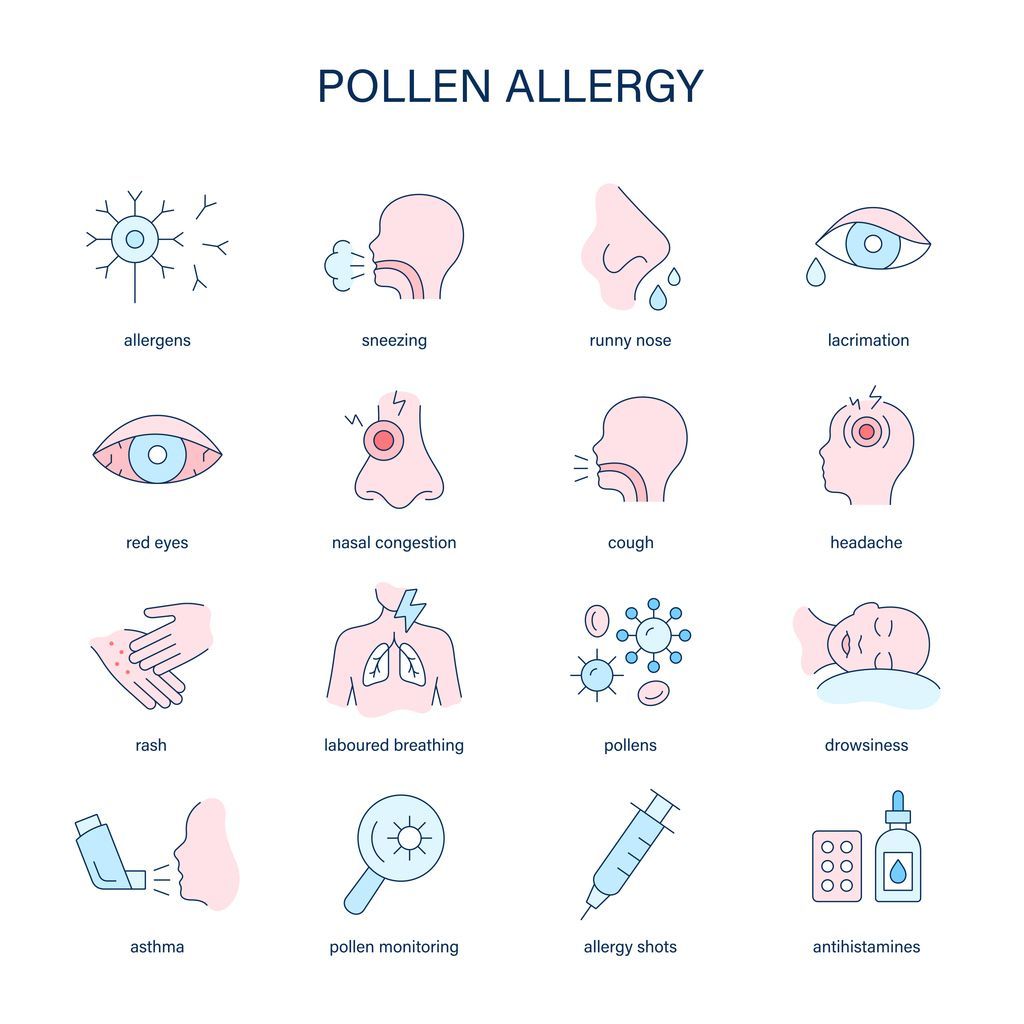Understanding the Link Between Allergies and Asthma: Managing Symptoms with Iowa Allergy
Living with allergies and asthma can be challenging, especially when these conditions are intertwined. Allergies and asthma often go hand in hand, with one condition exacerbating the other. In this blog post, we'll explore the connection between allergies and asthma, how cold weather can worsen symptoms, particularly indoor allergies, and discuss management strategies, including how Iowa Allergy can help individuals maintain control over their asthma symptoms.
The Link Between Allergies and Asthma
Allergies and asthma share a close relationship, often referred to as the "allergy-asthma connection." When individuals with allergies are exposed to allergens such as pollen, dust mites, pet dander, or mold, their immune system overreacts, triggering allergy symptoms such as sneezing, coughing, and congestion. However, for some people, exposure to these allergens can also lead to asthma symptoms, such as wheezing, shortness of breath, and chest tightness.
The mechanism behind this link lies in the immune system's response to allergens. In susceptible individuals, inhaling allergens can cause inflammation and constriction of the airways, leading to asthma symptoms. This phenomenon is known as allergic asthma, and it affects millions of people worldwide.
Managing Allergies and Asthma
Managing allergies and asthma requires a comprehensive approach that addresses both conditions simultaneously. Here are some strategies for effectively managing symptoms:
- Allergen Avoidance: Identifying and avoiding allergens that trigger both allergy and asthma symptoms is crucial. This may involve measures such as using allergen-proof bedding, regularly cleaning and vacuuming the home, and minimizing exposure to outdoor allergens during peak seasons.
- Medications: Both allergies and asthma can be controlled with medications. Antihistamines, nasal corticosteroids, and decongestants are commonly used to manage allergy symptoms, while asthma medications such as bronchodilators and inhaled corticosteroids help alleviate asthma symptoms and prevent exacerbations.
- Immunotherapy: For individuals with severe allergies that are difficult to manage with medications alone, allergen immunotherapy (allergy shots) can be an effective treatment option. Immunotherapy involves gradually exposing the individual to small amounts of allergens, helping desensitize the immune system and reduce allergic reactions over time.
Cold Weather and Indoor Allergies
Cold weather can exacerbate asthma symptoms for several reasons. Firstly, cold air is often dry, which can irritate the airways and trigger asthma attacks. Additionally, spending more time indoors during colder months exposes individuals to indoor allergens such as dust mites, mold, and pet dander, which can worsen both allergy and asthma symptoms.
Viral/Bacterial Infections and Asthma
During the winter months, viral and bacterial infections can often trigger asthma exacerbations. These respiratory infections, such as the flu or common cold, can cause inflammation and narrowing of the airways, making it harder to breathe for individuals with asthma. Viral infections are particularly common during colder seasons, and they can lead to increased mucus production, coughing, wheezing, and shortness of breath in people with asthma. Bacterial infections, such as bronchitis or pneumonia, can also worsen asthma symptoms by further inflaming the airways.
Iowa Allergy: Your Partner in Managing Asthma Symptoms At Iowa Allergy
We understand the challenges of living with allergies and asthma, especially during cold weather seasons. Our team of board-certified allergists and immunologists is dedicated to providing personalized care and comprehensive treatment options to help individuals effectively manage their asthma symptoms. From allergy testing and diagnosis to customized treatment plans, including immunotherapy, we are here to support you on your journey to better respiratory health.
Understanding the link between allergies and asthma is essential for effectively managing both conditions. By implementing strategies to avoid allergen exposure, using medications as prescribed, and seeking appropriate medical care, individuals can better control their symptoms and improve their quality of life, even during cold weather months. With the expertise and support of Iowa Allergy, managing asthma symptoms becomes more manageable, allowing individuals to breathe easier and live life to the fullest.










